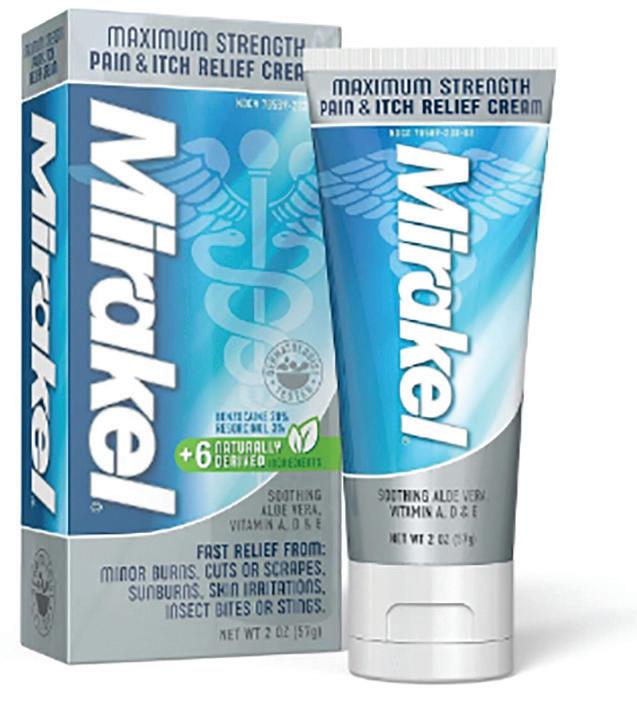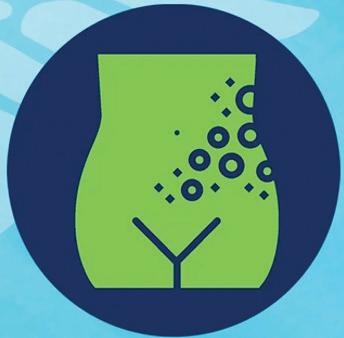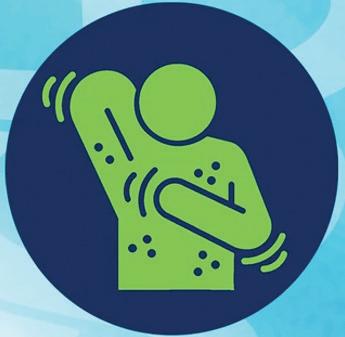
3 minute read
PLANT A TREE
Remember the old proverb about planting a tree? It asks: when is the best time to plant a tree? The answer: 20 years ago. And when is the second-best time? Today.
We aren’t in the business of dispensing horticultural advice at our sprawling Medical Examiner World Headquarters here in Augusta, but even so, planting a tree today is an excellent idea.
Of course, it’s going to be a good while before the tree offers any benefits like apples, peaches, or shade on a hot summer day.
But there is a very similar proverb once uttered by none other than the Medical Examiner that has been passed down for generations. It’s very similar to the other one:
When is the best time to take steps to live a more salubrious life? 20 years ago.
And when is the second-best time? Today.
Not to brag or anything, but the Medical Examiner maxim is actually better than the one about planting a tree, attributed by some to have originated with Confucius.
After all, salubrious lifestyle changes can have nearly immediate benefits, but unlike tree-planting, there is no way a person would have to wait decades to enjoy major benefits. The fruitage of change may begin to ripen within just a few days, with benefits continu- ing to increase over time.
As discussed in the cover article of our July 7 issue (“It’s Not Rocket Science”), big results don’t necessarily require big changes. Big things can come from very small changes.
Just one example: exercise, which all by itself can offer huge benefits.
“Hold on. I thought you said small changes. Joining a gym or buying all kinds of exercise equipment is not small change.”
Please re-examine your Examiner. This article does not mention joining a gym or even hint at buying exercise equipment. Neither is required to get exercise. Just walking around the block is a great start, and if even that’s too much, walk to the end of your driveway and back. Maybe you can work up to going there and back twice, then three times, then four. Every time a commercial comes on TV, stand up and walk in place until the show comes back on. If you have to stop sooner, that’s ok, but if you keep it up, pretty soon you’ll be able to do more. And that is a key: don’t make exercise a one-day-and-done thing.
The other day we heard someone encourage a smoker to quit. The smoker, an older man, replied, “Well, something’s gotta kill me.”
A better answer would have been, “You know, today is a great day to plant a tree.” +
THE “A” OF Q & A


Questions are a vital part of getting the best possible healthcare. But there is something even more important than questions: answers. Just as a well-worded question can invite a thorough and complete reply, good answers should deliver the most accurate and useful information possible.
The good news: there is more information at our fingertips than at any time in human history.
The bad news: there is more information at our fingertips than at any time in human history.
It’s not just the overall volume of information that is the problem; it’s the amount of false or misleading information which needs to be sifted through to find the good stuff.
But there’s more good news: doing “proper” research cuts down the amount of false or misleading information to practically zero. Sifting through mountains of data that might be inaccurate is not an issue.
The question then, is what is “proper” research”? Some people would tell you to stay away from “Dr. Google,” but that would be a total waste of a massive and deep resource. The internet is a tremendous repository of information, although there is an undeniable need for caution. It’s full of people who are self-appointed health and diet gurus, with little to no education and training. Despite that, they might have hundreds of thousands (if not millions) of followers who hang on their every word.
How do you sort out dispensers of accurate, legitimate information from the hacks and quacks?

Do the obvious: seek answers from reputable sources who know what they’re talking about. It’s not complicated. For example, do you have some kind of bladder problem? Go to the website of the American Urological Association. Heart symptoms? Look for answers on the American Heart Association website. Sore hips, achy knees? Search for the American Academy of Orthopedic Surgeons and get information at their website.
Keep in mind that there is often no substitute for a face to face appointment with a doctor. A website symptom checker might serve up a diagnosis of something potentially fatal when what you really have is extremely minor.





Accurate information can be life-and-death valuable, and it’s out there. Just go to the right sources.
30903-0397 (706) 860-5455 www.AugustaRx.com • E-mail: Dan@AugustaRX.com










